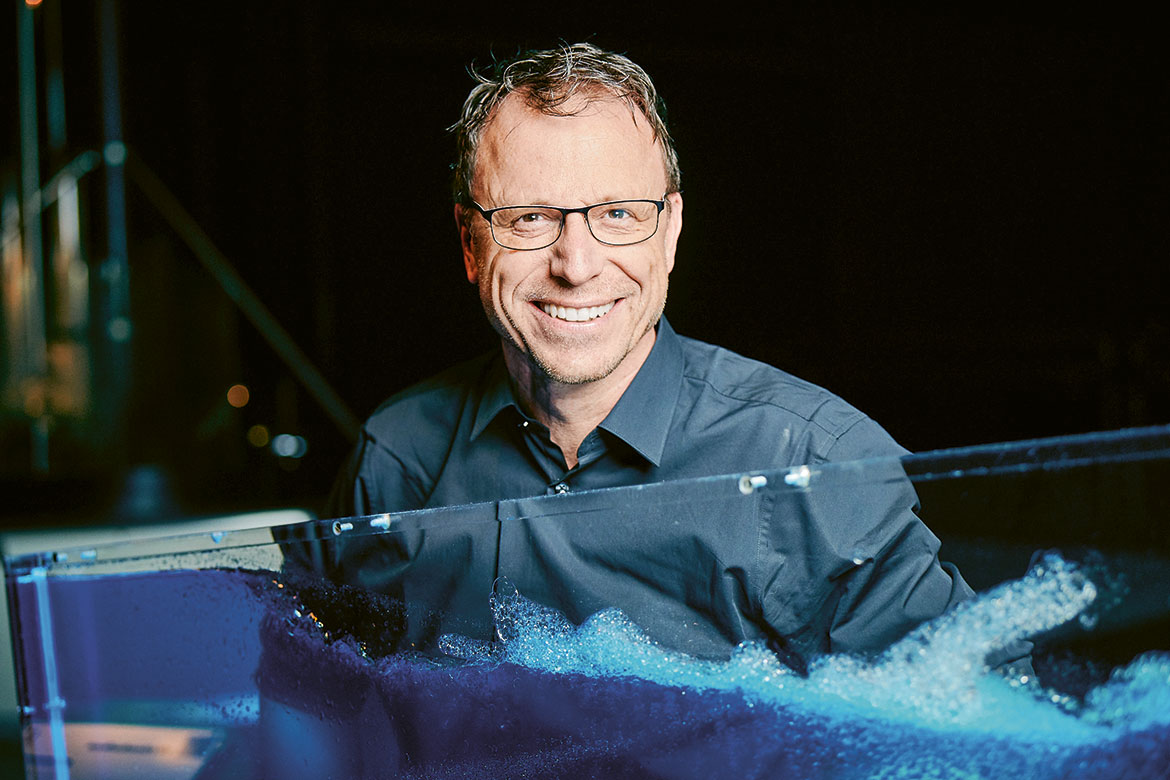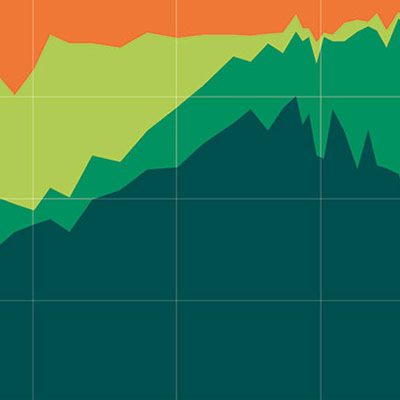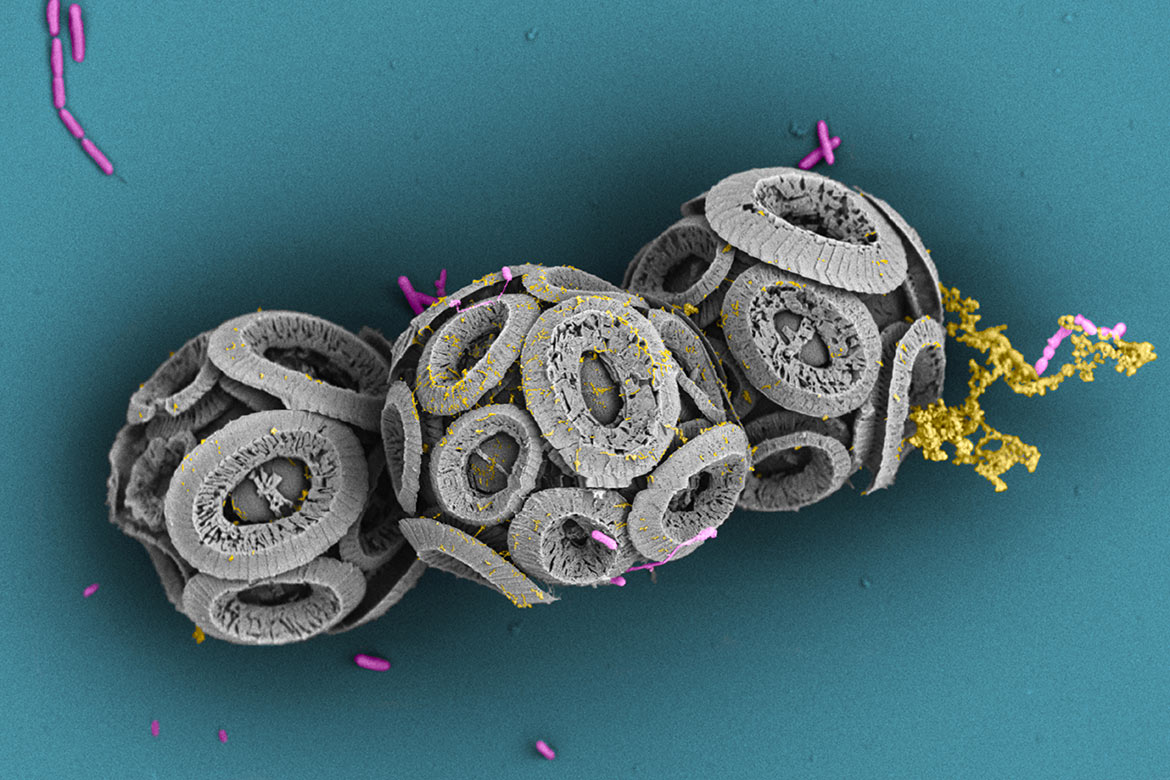“We want to capture the reader”
The science news website Higgs.ch gets its funding from a foundation. Free articles are the only way in today’s world, says its creator, Beat Glogger.

R. Ruis
“We want to capture the reader”
After eight years at the free newspaper 20 Minuten – where he ran a weekly science page financed by a foundation – Beat Glogger has now launched the science news website Higgs.ch. Its stories are reused for free by a number of regional newspapers and by Blick am Abend.
How is Higgs doing so far?
Extremely well, considering that we didn’t spend anything on marketing. After 13 weeks, we’ve reached 6,000 unique visitors per month and 1,700 subscribers on Facebook.
Why don’t you sell your content to other media?
Because almost no Swiss newspaper is ready to pay for science stories.
Readers don’t want to pay for news, and now publishers want articles for free. Is that sustainable?
No. And it’s neither desirable nor good. But free content is the only way. It’s also important in the fight against fake news, which spreads seven times faster than facts. If you have a paywall, you can’t compete.
You get your income from a foundation. But who should really be supporting you?
Society, industry, universities… All of them should have an interest in spreading scientifically sound information. We are looking for support from businesses, the wealthy, towns and cities, foundations… I think that the media in general will go in this direction. It’s not such a bad model: a foundation creates a layer between the donors and the content. That way we’re independent of particular interests, publishers and advertisers.
… but also of your readers.
That’s correct. But we still want to ‘seduce’ them. We have to. For instance, we offer them a short story or a spectacular science picture in order to lead them to a longer story. It’s like a flower attracting a honeybee. We want to capture the reader.
On the one hand, your stories appear on several media. On the other, you publish articles by external journalists and paid content. What is Higgs’s real identity going to be?
Our platform is not completely open. We will still choose what appears on Higgs, and we follow our own editorial and ethical guidelines.
Interview by Daniel Saraga




